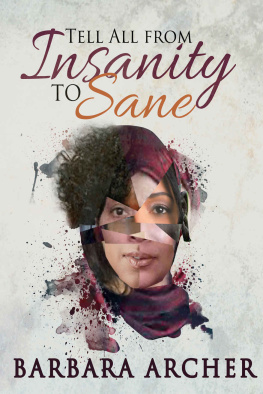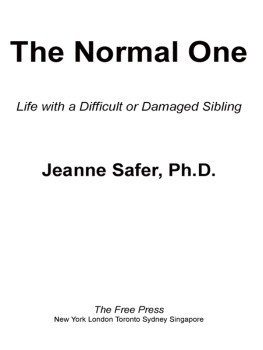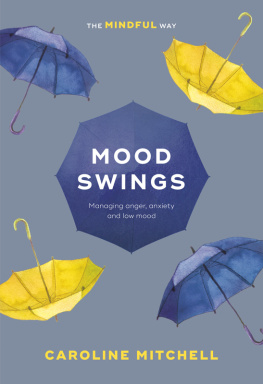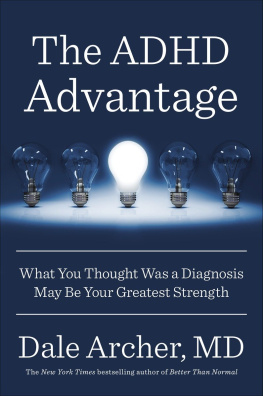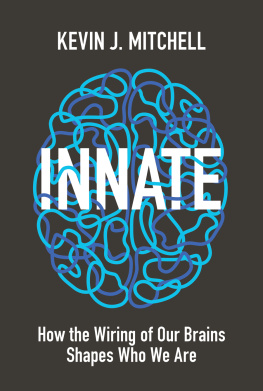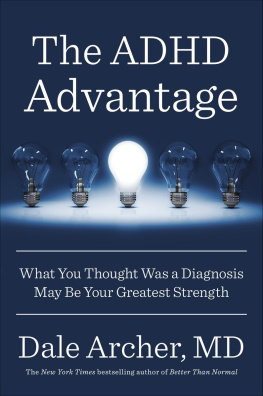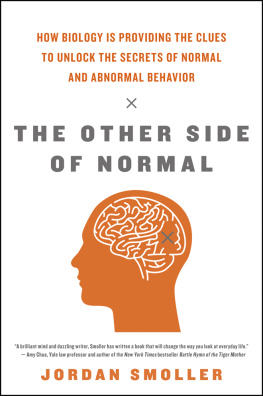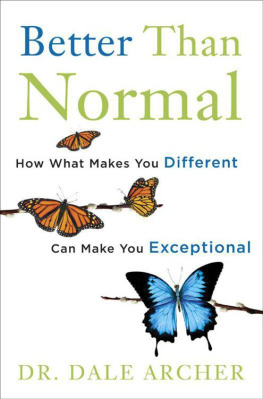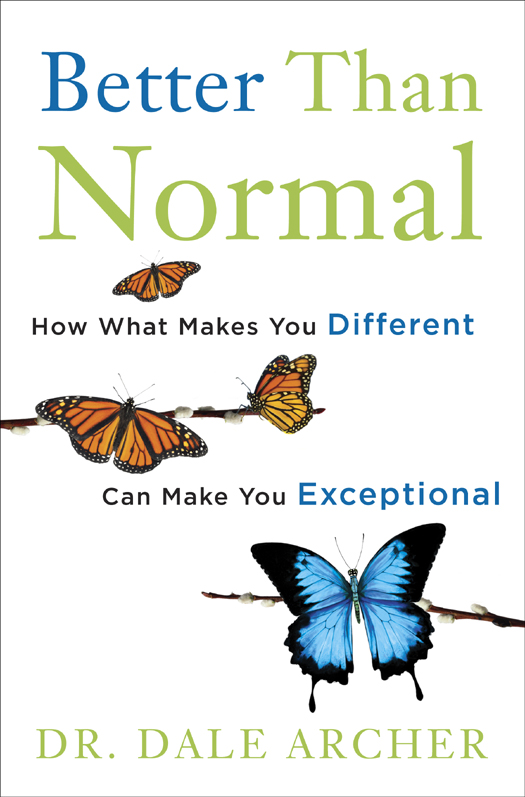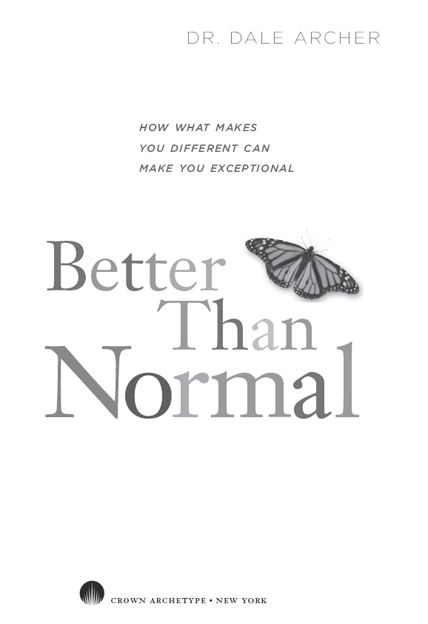DISCLAIMER
I HAVE CHANGED THE NAMES , as well as certain identifying details, of most of the people whose stories appear in this book, in order to protect their privacy. All of the stories, however, are based on the cases of real patients, people I know, or people whom my research team either interviewed or learned about through reliable secondary sources. Although I have done my best to provide the most thorough and careful discussion of personality traits and conditions, this book should not be considered in any way a substitute for professional medical advice and/or treatment.
Copyright 2012 by Dale Archer
All rights reserved.
Published in the United States by Crown Archetype, an imprint of the Crown Publishing Group, a division of Random House, Inc., New York.
www.crownpublishing.com
Crown Archetype with colophon is a trademark of Random House, Inc.
Library of Congress Cataloging-in-Publication Data
Archer, Dale.
Better than normal : how what makes you different can make you exceptional / Dale Archer. 1st ed.
1. Personality. 2. Personality disorders. 3. Individual differences. I. Title.
BF698.A722 2012
155.232dc23 2011026427
eISBN: 978-0-307-88747-4
JACKET DESIGN BY JEAN TRAINA
JACKET PHOTOGRAPHS: GETTY IMAGES
AUTHOR PHOTOGRAPH: STEPHANIE JONES
v3.1
To all of us who are different
CONTENTS
INTRODUCTION
D OCTOR, AM I NORMAL ?
As a psychiatrist, I hear this question over and over againfar more than you might imagine. I hear it from friends, family members, patients, recent acquaintances, and folks Ive just met for the first time. In todays world, people wonder whether what they think, feel, and believeor how they actis considered normal.
What do we mean by normal, and whats so great about normal anyway? We are taught as children that we all have certain talents and abilities that make us special. If being normal means being just like everyone else, wheres the fun in that? Shouldnt we prefer to be unique and embrace who and what we are?
When it comes to our mental health, though, we still worry:
If Im a little impatient and sometimes have a short attention span, does that mean I have attention deficit disorder?
Because I have high self-esteem and like it when others pay attention to me, does that make me a narcissist?
What if I have occasional mood swings? Could I be bipolar?
The answer to these questions, for most people, is no, no, no!
Yet there are a handful of personality traits that can be a part of a normal character but that when present in the extreme can be abnormal and cause people trouble and even elicit a psychiatric diagnosis. These are the traits that people worry about the most, but they are also the very traits that define who we are. They are the traits that have the potential to make us genuinely specialand even great.
This book is about the eight most common, and most important, of these traits. (Its important to say that most of us have many, even all, of these traits to some degree.) Its about learning to identify which traits are dominant. Its about recognizing how those traits can cause you trouble. And, most important, its about learning how you can put your dominant traits to work for you.
For example:
Have you found a way to put your adventurous nature to focused and productive use? Or does it propel you dizzily from one activity to the next, never finishing what you start?
Have you been able to make your perfectionism fulfilling and valuable? Or does it more often feel like an obsession thats overwhelming to you and frustrates others?
How about your anxiety? Does it spur you into action or disable you with fear?
Looking closely at your personality profile can be a scary thing. At first, you might not like what you see. It may make you worry about yourself or about others around youa child, a spouse, a friend, or a colleague. You may compare yourself to the horror stories portrayed in the media of seemingly ordinary people who turn out to be crazy. You begin to wonder if perhaps you should be evaluated, or go to therapy, or even take medication to help tone down that perfectionism or rein in the adventurousness or replace magical thinking with a more logical approach so youll be more like everyone else and be normal. Or at least more like what you think the normal person should look like.
I have been considering these questions with my patients for twenty-five years. And I have also asked myself these questions, especially at critical turning points in my life and my career. I know that they can be difficult because they usually involve change, which means contemplating a new way of thinking and being. Many times it feels easier to struggle along with normal than to take the leap and embrace who we really are.
For me, one of those periods of questioning came in the summer of 2008 in, of all places, Las Vegas. But the story begins in Lake Charles, Louisiana.
In 1987 I had just finished my psychiatry residency. With my wife and two kids, I moved back to Lake Charles, a beautiful little town just west of New Orleans, where I was born. I grew up in Lake Charles, my parents still lived there, and I had decided to establish my psychiatric practice there. I remember the tremendous excitement that came from starting my own clinic. My adventurous nature made me eager to try out fresh ideas and provoke changes in the profession. In short, I felt ready to make a difference and to try to change the world.
Id only been in town a few weeks when I got a call from Jan Hardy, the anchor of a local TV news program. She explained that she was doing a series on health issues and wanted me to come on her show and talk aboutand this is where she caught me by surprisedepression. People didnt talk about depression very much in those days. But Jan sounded smart and nice and knowledgeable on the topic, so I said sure.
A pretty amazing thing happened when Jan and I got on the air together. Not long after she started the interview, Jan revealed that she herself suffered from depression. Not only that, she told the world that she was taking Prozac, one of the early antidepressant medications. (The drug became world famous in 1993, the year that Peter Kramer published his bestselling book Listening to Prozac.)
Today, no one thinks much about it if you admit youre on meds for depression. (In fact, in some circles, they may be surprised if you say youre not.) But, in Louisiana, in 1987, it was a huge admission for anyone to make, let alone a TV personality, and on a live show no less. It was a bombshell, really. Depression, in fact any kind of mental illness, carried a real stigma at the time. It was okay to be a little down, sure, but flat-out, cant-function depressed? That was not something most people would admit to.
Jans revelation sparked an interesting dialogue between us on air. I said that the medical community had learned a lot about depression in the past few years. That we had come to think of it as a medical condition, caused by a chemical imbalance in the brain. And just like any other medical conditiondiabetes, heart disease, high blood pressuredepression could be successfully treated with medicines. Prozac, while the best known at the time, was just one of several antidepressants available.
After the show, Jan told me she thought it had gone really well. A few days later, she called me again and said that she had gotten a lot of positive responses from her viewers as well as from the station management. She asked if Id be interested in doing a regular appearance on her news program. Ive been stigmatized because I have depression, she told me. Im sure others have too. Id love you to talk about how psychiatric problems like these come about as the result of a medical condition.



